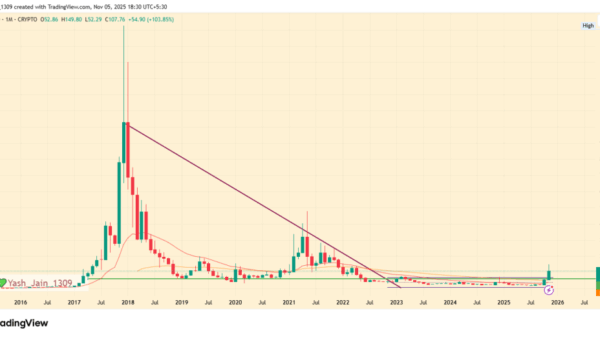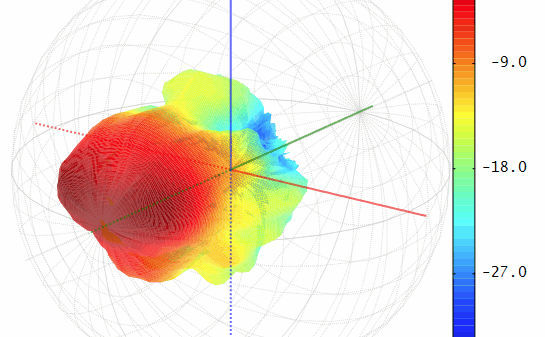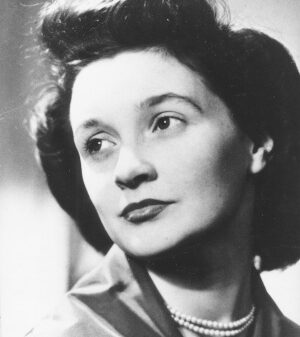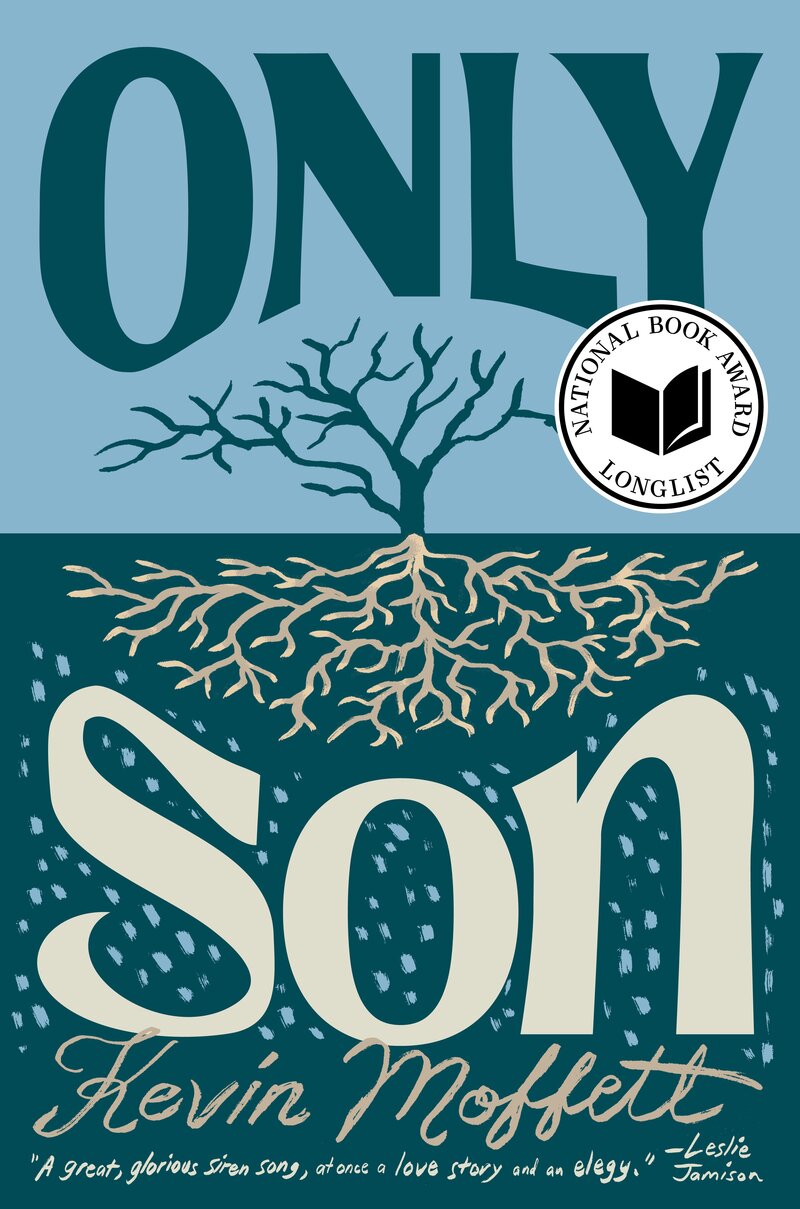A poignant moment unfolds as a father reflects on his relationship with his son while enjoying a quiet evening by the pool. The scene encapsulates the complexities of family dynamics and the bittersweet nature of parenthood.
The father finds solace at the pool’s edge, engaged in the Sunday crossword on his phone. His son approaches, removing his shoes and joining him with a look of quiet satisfaction, reminiscent of someone anticipating a surprise party. Although the father suspects his son may have been smoking marijuana, he chooses to remain silent, acknowledging the nuances of their relationship.
After sharing a drink, the father immerses himself in the water, floating calmly, a practice that once would have sent his son into fits of laughter. When he resurfaces, the son inquires about his level of intoxication. The father responds, “Not even two drinks drunk,” and reflects on his childhood perceptions of adulthood. He recalls a time when he believed that adults only became happier at night, unaware of their typical inebriation.
As the night air cools, they sit side by side in comfortable silence. The father awakens before dawn, feeling a sense of clarity that he likens to a pardon after a long sentence. Observing his son, peacefully asleep with an earbud in, he contemplates the challenges they have faced together, from a birthday party incident involving bad sushi to the ongoing tensions over his son’s marijuana use.
The father reminds himself to cherish these moments of clarity and connection, recognizing that they often arise unexpectedly. Yet, he grapples with how to retain such feelings, pondering the difficulty of remembering emotions.
As dawn breaks, he notices two missed calls from his mother, revealing her need for connection. Her voicemail conveys a mix of warmth and urgency, sharing her recent recovery from a medical procedure and her desire for him to call back. The unexpected tenderness in her voice prompts him to reflect on their relationship, as she has never referred to him with such affection before.
While waiting for coffee at a café, he is drawn to the waitress, whose cheerful demeanor and array of rings evoke memories from his past. He attempts to gather his thoughts about the trip, yet finds himself distracted by these reminders. The taste of coffee and orange juice stirs up childhood memories, particularly of his mother’s preferences for processed beverages over fresh juice, highlighting the contrasts in their experiences.
In a moment of contemplation, he reaches out to the manager of his mother’s retirement home regarding a cactus she wishes to keep. The manager informs him that his mother has changed her mind about its removal, showcasing her spirited nature and hinting at her recent involvement in a protest against pesticide use in their living environment.
Their conversation reveals the depth of his mother’s character, as she has rallied fellow residents to advocate for local wildlife, demonstrating a newfound activism that he had not anticipated. This unexpected element of her personality prompts the father to reassess his understanding of her life beyond their interactions.
As events unfold, he learns that his mother has found companionship in a man named Elias Parker, a retired dentist who has become a significant presence in her life. Their conversations are filled with nostalgia, revealing a side of his mother that he had never known. The father grapples with these revelations, feeling both protective and curious about this new chapter in her life.
Through this exploration of familial relationships, the father navigates themes of love, memory, and the passage of time. His reflections serve as a reminder that even amidst life’s challenges, moments of clarity and connection can emerge, shaping the way we perceive our loved ones and ourselves.
In sharing this journey, the father ultimately discovers that life is a tapestry woven from love, laughter, and the unexpected joys that arise when we least expect them.






































































